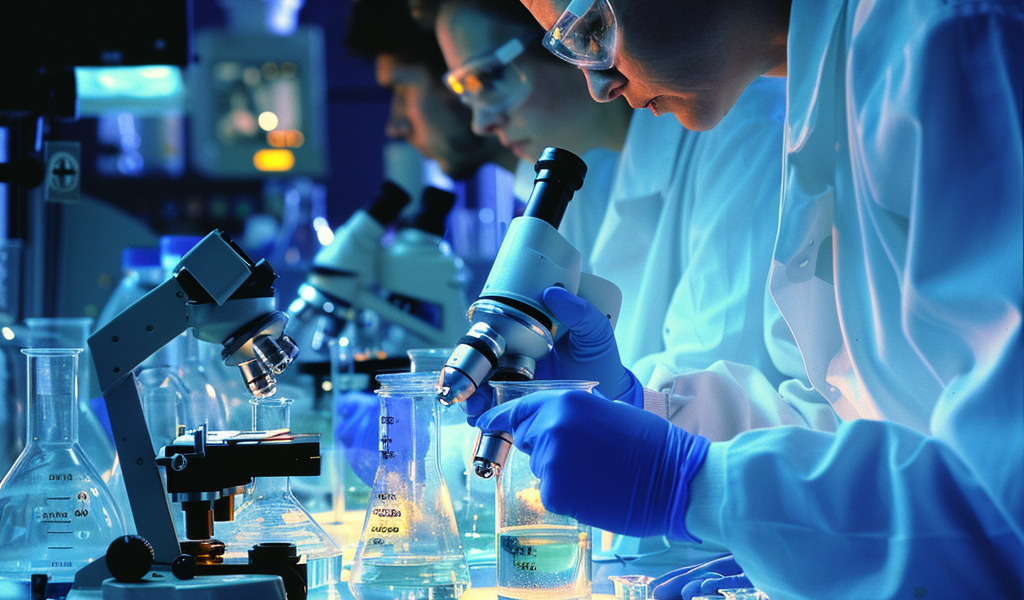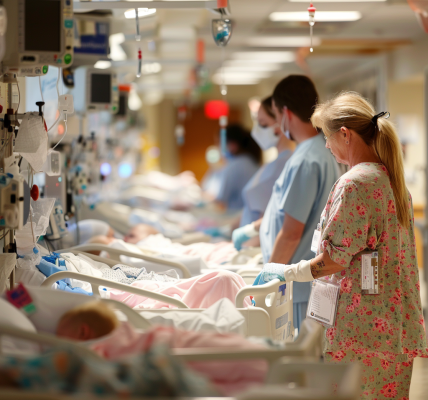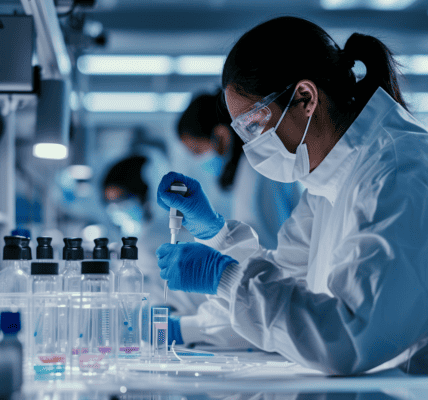A groundbreaking scientific study published in Nature Cardiovascular Research has unveiled a remarkable discovery that may have far-reaching implications for the treatment of heart disease. The intensive investigations utilizing single-cell genomics and genetic experiments were conducted by a team of renowned scientists in the Cardiomyocyte Renewal Laboratory and McGill Gene Editing Laboratory at The Texas Heart Institute, including James F. Martin Vivian L. Smith Chair in Regenerative Medicine and Vice Chairman and Professor of Molecular Physiology and Biophysics at Baylor College of Medicine, and co-first authors Xiao Li, PhD, and Rich Gang Li, PhD. Titled ‘YAP Induces a Neonatal Like Pro-Renewal Niche in the Adult Heart,’ this research sheds light on the potential of the human heart to achieve self-repair and regeneration.
Heart disease remains a leading cause of death worldwide, with myocardial infarction, also known as a heart attack, causing irreparable damage to cardiac muscle cells. While current treatments focus on alleviating symptoms and improving blood flow, they fall short in addressing the crucial issue of lost cardiomyocytes (CMs), leading to further complications such as heart failure. However, this groundbreaking study offers hope for a paradigm shift in regenerative medicine.
Contrary to longstanding beliefs, the study reveals that regeneration of CMs requires a complex microenvironment, where a dynamic synergy between CMs, resident immune cells, and cardiac fibroblasts is the driving force behind cardiac renewal. Through intricate signaling mechanisms, these cell types coordinately instruct and support each other, facilitating CM proliferation and effectively repairing damaged heart tissue.
‘Understanding heart regeneration on a molecular level is an important step towards developing innovative therapeutics that can facilitate CM regeneration,’ said the team in their lay summary. ‘Our study challenges the existing paradigm, suggesting that targeting the microenvironment rather than a specific cell type is instrumental in healing the injured heart.’





